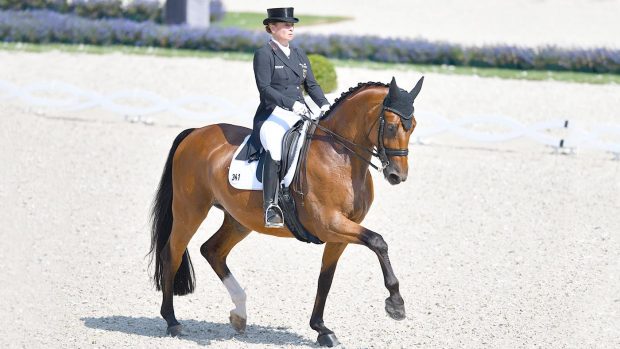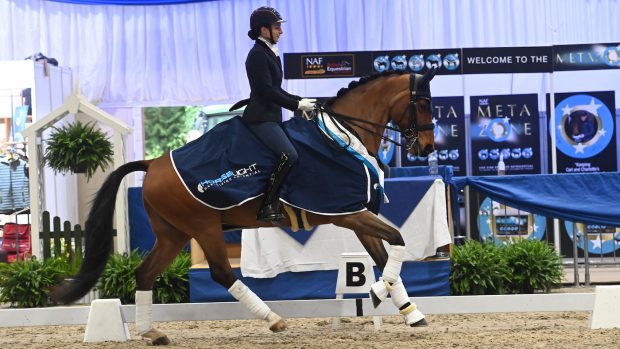The battle of the sexes is a long-fought one and researchers at Writtle College have attempted to solve that age-old quandary — do mares or geldings make better competition horses?
A sample of results from 2006 of 1,156 event horses across five levels — intro, pre-novice, novice, intermediate and advanced — was analysed.
The majority of eventers — in the sample, 90% at advanced level — are geldings, but researchers found that gender had little effect on performance.
Dr Tim Whitaker, who undertook the research at Writtle, said: “We expected to see many more geldings than mares competing. But when we compared the actual differences in performance, measured by penalty score within phases and overall as well as final rank, we found very little difference and nothing of any scientific significance.
“There is the preconception that geldings are better than mares, that they are easier to manage and train and could potentially perform better. But our study has shown that this is not the case. In fact, at advanced levels, the mares even performed slightly better.”
Sarah Cohen evented mare The Wexford Lady, who was selected for the 2004 Olympics, but was lame so did not run.
She also rode advanced mare The Master’s Lady.
She told H&H: “I love mares. If you get a good one, then they are great. They have excellent self-preservation as well.”
But she explained mares do need to be trained differently.
“You have to ask rather than tell, but if you get them working with you, then they are brilliant,” she said. “They can be seen as difficult, but geldings can be just as awkward — it depends on the horse.”
This article was first published in Horse & Hound (22 January, ’09)





